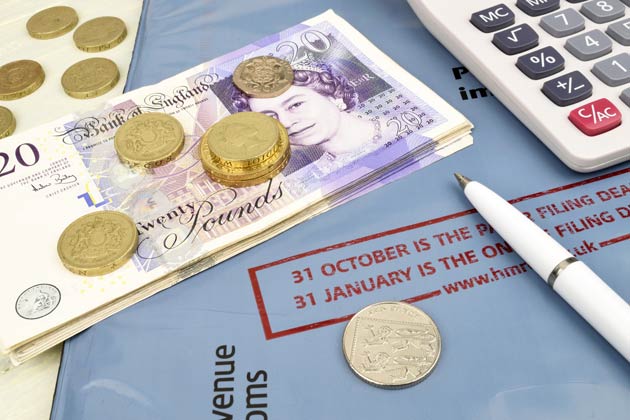Expat pensioners to face income tax raise

British expats who have retired abroad will face an income tax rise when drawing funds from offshore pensions, it has been revealed. The Autumn Statement, released in November 2016, outlined proposals to bring foreign-held pensions in line with UK domestic pensions, both having the same tax rate obligations.
The Autumn Statement reads: “The tax treatment of foreign pensions will be more closely aligned with the UK’s domestic pension tax regime by bringing foreign pensions and lump sums fully into tax for UK residents, to the same extent as domestic ones.”
The basic state pension is available to all qualifying retirees no matter where they live. This money can be paid directly into a UK bank, or into an overseas account in the local currency, which cuts out costly transfer fees and bank charges. Most expats will also have a private pension from their previous employment and these are usually paid in sterling to a UK bank account. However, for those who have moved before the age of retirement, it is possible to move the private pension pot abroad. This is achieved by transferring it into a Qualifying Recognised Overseas Pension Scheme (QROPS), set up in the country of relocation or offshore. Which? has more information on retiring abroad and pensions.
Using a QROPS has long been a popular option for expats, as it enables payments to be made in the local currency and not Sterling. This means that it is not subject to the fluctuations of the exchange rate, and it benefits from a lower rate of income tax applied to the pot in comparison to a UK pension fund. Pensioners taking income from their QROPS have been paying 90 per cent of the income taxed owed, unlike the full 100 per cent paid in the UK.
The new proposals bring the income tax rate for QROPS in line with the tax treatment of UK pensions. “The move is being made to make it less appealing for pensioners to move their pension pots overseas and cut their tax bill. The Government argues that as it has contributed tax relief on the savings, it has an entitlement to income tax paid when the pension money is drawn,” says an article in The Telegraph. The changes will also apply to UK residents who draw from an overseas pension. In real terms, high-rate tax payers abroad who have been paying 36 per cent on income drawn from their pension, will find this increase to the full 40 per cent, as per usual UK income tax rates. The move by the government has been made in light of various “pension liberation” schemes that use the QROPS system to reduce tax owed. It is part of a larger crackdown on pension scams in general, also covered by the Autumn Statement.
This is likely to result in more pensioners keeping their pension fund based in the UK, despite the associated transfer fees and bank charges when withdrawing funds. However, with the pound remaining weaker, it’s a good time to consider moving foreign money back to the UK as favourable exchange rates are available.
Information correct at the time of publication.



